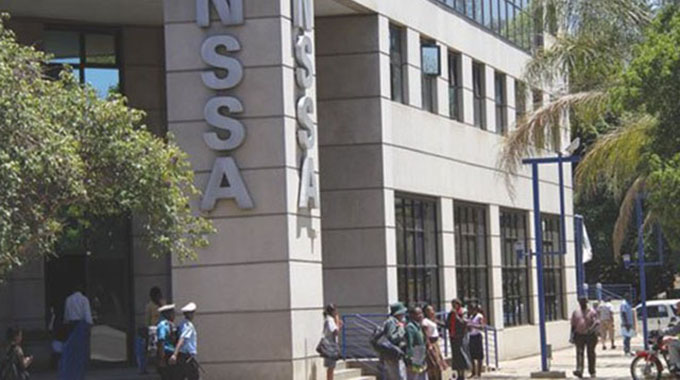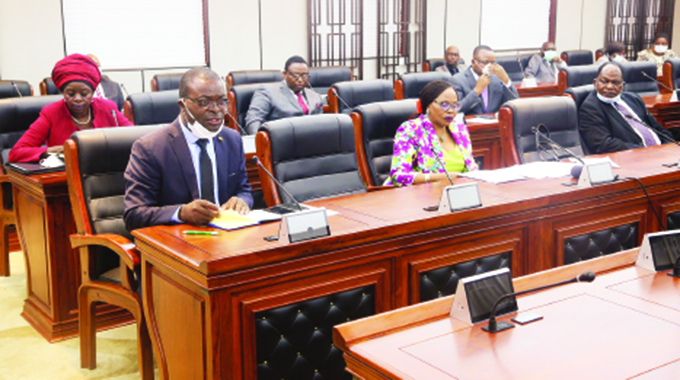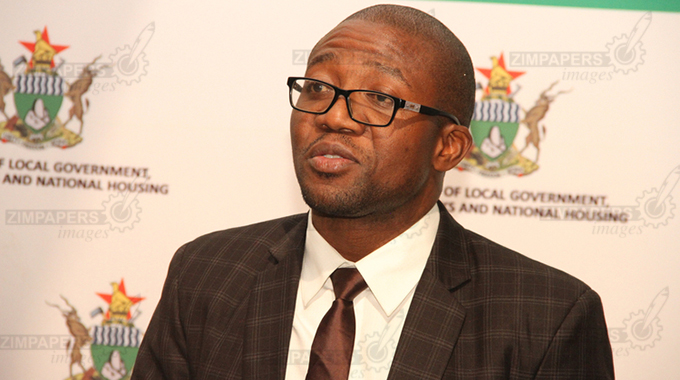Editorial Comment: Heroes, heroines in times of crisis

Extraordinary situations demand extraordinary responses.
The health crisis spawned by the global coronavirus pandemic is beginning to produce heroes and heroines of its own.
Last Friday, President Mnangagwa announced that effective from Monday this week, a 21-day nationwide lockdown would commence as part of the Government’s response to the novel coronavirus.
The country has so far recorded eight cases of the virus which claimed the life of 30-year-old Zororo Makamba.
The lockdown means Zimbabweans must stay at home to curtail the spread of the virus.
Coronavirus is spread mainly from person-to-person; between people in close contact with one another — within two metres; through respiratory droplets produced when an infected person coughs or sneezes.
The droplets can then land in the mouths or noses of people nearby, or possibly be inhaled.
It is also spread when a person touches a surface or object that has the virus and the person subsequently touches his or her mouth, nose or possibly eyes.
However, it’s important to note that the virus is not airborne, as it is heavy to sustain a certain distance in the air.
Essentially, the stay-at-home order is to limit the risk of transmission of the virus through meeting or being in close proximity of a person who might be a carrier.
While the order is in effect, there are groups of people, considered critical, who are exempted from staying at home.
Among these are emergency services, healthcare personnel, law-enforcement agencies, the media, power, water and refuse collection staff as well as retail outlets like supermarkets to ensure people restock their food supplies.
Zimbabweans continue to demonstrate that in times of crisis — such as this one presented by coronavirus — they can forget their differences and stand together for the good of the nation.
The first time Zimbabweans demonstrated this resolve was in the wake of tropical Cyclone Idai in March last year.
The cyclone wreaked havoc, leaving catastrophic damage in Malawi, Mozambique and Zimbabwe, triggering a humanitarian crisis.
An estimated 1 300 people are believed to have lost their lives while to this day, many more are still missing.
More than 220 families in the three countries remain displaced and are accommodated in camps.
Zimbabweans — from schoolchildren to churches, companies and non-governmental organisations (NGOs) —rallied to support displaced families cope with their losses.
It was an unparalleled demonstration of kindness and generosity.
Coronavirus is yet again bringing out the same selflessness from various Zimbabwean companies and organisations.
Last week, the Zimbabwe National Covid-19 Action Trust (ZINCAT) donated a US$30 000 ventilator to Wilkins Infectious Diseases Hospital in Harare, which until last week was the only facility to which patients with the coronavirus were referred.
Ecosure, part of the telecommunications group, Econet, announced plans to support health workers through a vehicle loan scheme, as well as support for frontline staff with protective personal equipment.
In addition the company plans provision of life and health insurance and safe transport to and from work daily for the next 12 months.
Ecosure pledged immediate support for all doctors and nurses, who attend to their duties during this critical juncture.
Ecosure’s pledge comes in the wake of threat by nurses and doctors to down tools demanding a risk allowance and protective personal equipment.
Last year, Econet’s Higherlife Foundation came to the rescue following a long-running strike by hospital doctors and an offer to pay doctors in the public healthcare sector through a special medical fellowship established by Higherlife.
Then at the weekend civil engineering company, Bitumen World gave 40 000 litres of diesel to the Government for use in the fight against the pandemic.
The diesel comes in handy because the law-enforcement agencies require fuel as they move up and down ensuring compliance with the stay-at-home order.
The National Social Security Authority (NSSA) has also availed its hotel in Beitbridge for use by the Government as a Covid-19 quarantine centre.
The authority will open its Ekusileni Medical Centre in Bulawayo for the accommodation of patients undergoing treatment for COVID-19.
The gestures follow contributions by Jack Ma’s Alibaba Foundation, which donated 100 000 medical face masks, 20 000 laboratory diagnostic test kits, 1 000 protective suits and face shields.
The response demonstrates a keen awareness that in these trying times, a threat to one can be a threat to all, especially given the human toll that the coronavirus has claimed in China, Italy, Spain and now the United States of America.
These companies and organisations are emerging as heroes and heroines in the fight against the pandemic.
The sense is that these measures will save further loss of human lives.











Comments